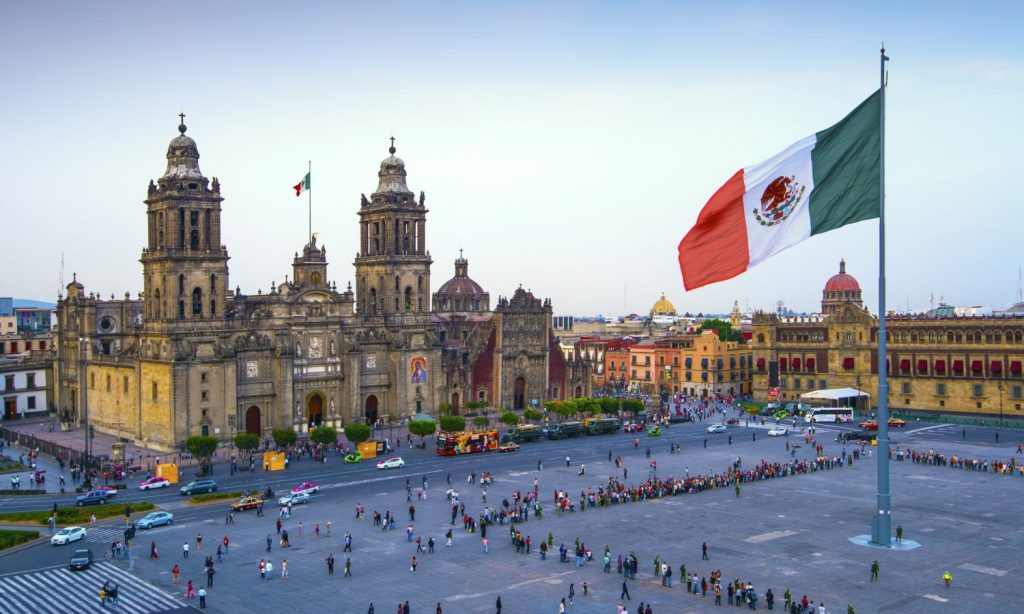There is now a much clearer roadmap towards conducting legal cannabis-related activities in Mexico.
In our last post, we alerted you on the publication of the new Regulations on Sanitary Control for the Production, Research and Medical Use of Cannabis and Its Pharmacological Derivatives (the “Medical Regulations”). In this post, we provide an overview of what the Medical Regulations will address and what it potentially means to your business. Medical cannabis is fully legal in Mexico, what comes next?
As expected, the Medical Regulations deal with the control, promotion and sanitary supervision of raw materials, pharmacological derivatives and medicines. Regulated activities include:
- Primary production for manufacturing supply;
- Raw material generation for research and seed production;
- Health and pharmacological research;
- Manufacturing of pharmacological derivatives and medicines and medical activities related to diagnoses, therapeutic, rehabilitation and palliative care;
- Importation, exportation and marketing.
Activities connected with all of the above will be authorized through licenses or permits, and the Regulations provide the requirements to obtain them. Among the activities that will be authorized officially for the first time are:
- Quality control laboratories
- Growing for research and industrial purposes
- Cannabis research protocols
- Processing, transport, import (both for industries and for self-consumption)
- Export
- Issuance of cannabis-related prescriptions
- Set-up of establishments permitted to sell medical cannabis products
The regulations clarify that COFEPRIS (Federal Commission for the Protection against Sanitary Risks) will not be the only agency to deal with. Although COFEPRIS will remain the chief agency involved in cannabis-related applications, other agencies are also charged with interpreting and applying these Medical Regulations, along with issuing permits and licenses. All of this means added time and costs that companies have to factor into their business plans for Mexico.

That said, there is now a much clearer roadmap towards conducting legal cannabis-related activities in Mexico, although the Medical Regulations have entered into force without a specific fee schedule for the permits or licenses included (aside from the specific fees are provided for in the Federal Fees Law (Ley Federal de Derechos)). Because the Medical Regulations’ transitory articles mandate implementation without impacting agencies’ current budget for this fiscal year, it seems certain that a fee schedule will be added soon.
RELATED: Mexico’s Cannabis Legalization Bill Will Boost Business, But There Are Concerns
Now, although the Regulations implement a federal law (the General Health Law) and are therefore applicable in the whole country, health-related licenses and permits are linked to the domicile stated in an application. There is a distinction to be made here: for some activities, like growing or processing, the Regulations expressly or impliedly allow for performance in various States, as long as you apply for a license for each venue. In other cases, a single permit/license, though linked to a domicile, will cover the activity, regardless of where it is performed (e.g. transportation).
It is also important to note that licensees can sell to other licensees below them in the supply chain for medical, research and refinement purposes. For instance, grow licensees can sell to processor licenses, while processor licensees can sell to distributor licensees. Cannabis cannot be sold to the general public, save through licensed establishments. This means that if you, as a patient, need to import medical cannabis products for your treatment, you apply for a special import permit showing your prescription, at which point you may order freely (although ordering online and having product sent to you via mail/parcel is prohibited).
RELATED: Cannabis Is Coming! The Latest On Colombia And Mexico
Finally, the Medical Regulations provide for the regulation and licensing of establishments that provide medical attention and sell cannabis products. These will include pharmacies or other specialized medical and therapeutic establishments, but not more general (i.e. convenience) stores. The Medical Regulations further provide that licenses authorizing establishments shall be renewed upon expiry in accordance with other relevant regulations implementing the General Health Law, but do not provide for a license expiry date from the outset.
Adrián is an attorney at Harris Bricken and oversees the firm’ss Mexico practice, where he helps companies on US-Mexico cross border legal matters, including cannabis law matters, Latin American and European companies on China and International Law issues, and local companies with international and domestic business transactions. This article originally appeared on Canna Law Blog and has been reposted with permission.


